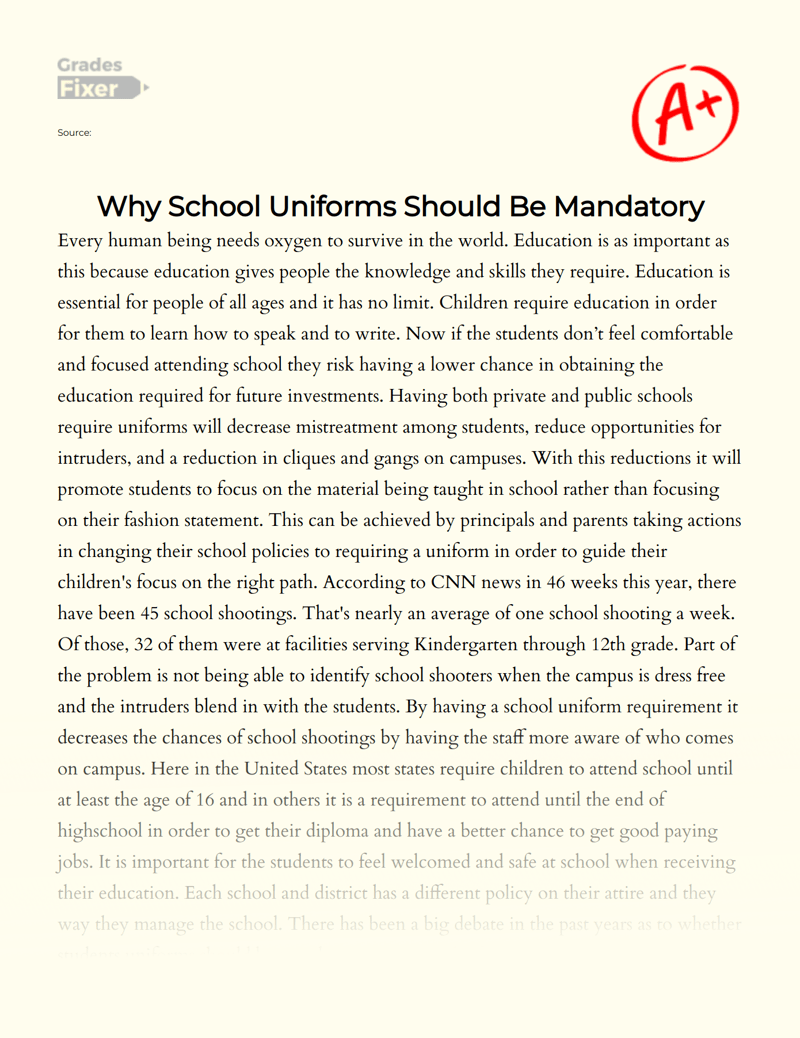In recent years, the debate over school start times has gained significant traction. Many educators, parents, and health experts advocate for later school start times, arguing that it can lead to improved academic performance, better mental health, and overall well-being for students. This article explores the reasons why schools should consider starting later, backed by scientific research and expert opinions.
The traditional early start times for schools, often around 7:00 AM, conflict with the natural sleep patterns of adolescents. The American Academy of Pediatrics recommends that middle and high schools start no earlier than 8:30 AM to align with teenagers' biological clocks. This article delves deep into the implications of these recommendations and the potential benefits of a later start time.
From enhanced alertness in the classroom to decreased instances of depression and anxiety, the advantages of starting school later are compelling. Let’s examine these points in detail and understand why this change is necessary for the well-being of students.
Table of Contents
- 1. Understanding Adolescent Sleep Needs
- 2. Academic Benefits of Later Start Times
- 3. Mental Health Implications
- 4. Physical Health Considerations
- 5. Case Studies and Evidence
- 6. Addressing Concerns About Later Start Times
- 7. Steps to Implement Later Start Times
- 8. Conclusion and Call to Action
1. Understanding Adolescent Sleep Needs
Teenagers experience a shift in their circadian rhythms, leading to a natural tendency to stay up later and wake up later. Research indicates that:
- Most adolescents need about 8 to 10 hours of sleep each night.
- Early school start times do not accommodate this need, resulting in chronic sleep deprivation.
- Sleep deprivation can impair cognitive function and academic performance.
2. Academic Benefits of Later Start Times
Numerous studies have highlighted the academic benefits of starting school later, including:
- Improved grades and standardized test scores.
- Higher attendance rates.
- Increased classroom engagement and participation.
For instance, a study conducted by the University of Minnesota found that schools that shifted to a later start time saw a 5% increase in attendance and a rise in overall academic performance.
3. Mental Health Implications
The mental health of students is a growing concern, with increasing rates of anxiety and depression reported among adolescents. Later school start times can contribute to:
- Reduced levels of stress and anxiety.
- Lower rates of depression.
- Improved overall mood and emotional stability.
According to the National Sleep Foundation, adequate sleep is crucial for maintaining mental health, and shifting school start times can play a significant role in this area.
4. Physical Health Considerations
In addition to mental health, physical health is also impacted by sleep patterns. Starting school later can lead to:
- Lower obesity rates among adolescents.
- Improved cardiovascular health.
- Enhanced immune function.
Sleep deprivation has been linked to various health issues, including obesity and diabetes, making it essential to prioritize adequate sleep for students.
5. Case Studies and Evidence
Several school districts have already implemented later start times and documented positive outcomes. For instance:
- In Fairfax County, Virginia, a shift to a later start time resulted in improved academic performance and student well-being.
- Seattle Public Schools observed a significant drop in tardiness and an increase in student engagement following a later start time.
These case studies serve as powerful evidence that later start times can lead to substantial improvements in student life.
6. Addressing Concerns About Later Start Times
Despite the benefits, some concerns arise regarding later school start times, such as:
- Impact on extracurricular activities.
- Logistical challenges for families.
However, many schools have successfully addressed these issues by adjusting schedules for activities and providing support for families during the transition.
7. Steps to Implement Later Start Times
Transitioning to a later school start time requires careful planning and community involvement. Key steps include:
- Gathering data and feedback from students, parents, and educators.
- Forming a committee to explore logistics and develop a proposal.
- Communicating benefits and addressing concerns with the community.
Successful implementation can lead to long-term benefits for students and the community.
8. Conclusion and Call to Action
In conclusion, starting school later aligns with the natural sleep needs of adolescents and offers numerous benefits, including improved academic performance, better mental health, and enhanced physical well-being. It’s time for schools to consider the evidence and prioritize the health of their students. We encourage readers to engage in discussions about this important topic, share their thoughts in the comments, and advocate for change in their local schools.
By raising awareness and supporting later start times, we can create a healthier and more productive learning environment for the next generation.
Thank you for reading! We hope you found this article informative and insightful. For more discussions on educational topics, feel free to explore our other articles and resources.
You Might Also Like
Essential Skills To List On Your Resume: A Comprehensive GuideTowers Of Hanoi: Understanding The Classic Puzzle
Artemis: The Roman Name Of The Greek Goddess Of The Hunt
Supplements To Increase Blood Flow To Penis Naturally: A Comprehensive Guide
What Is A 1040 Tax Form? Understanding The Essential Tax Document
Article Recommendations
- Business Tactics_0.xml
- Career Advancement_0.xml
- Lola Consuelos Weight Loss Ozempic
- Legal Seafood Recipes Crab Cakes
- Global Impact_0.xml
- Lava Stone Bracelet Essential Oil
- Talulah Riley
- Madison Beer Nude Leak
- Active Smooth Nail Polish
- Mia Hamm Soccer Player


